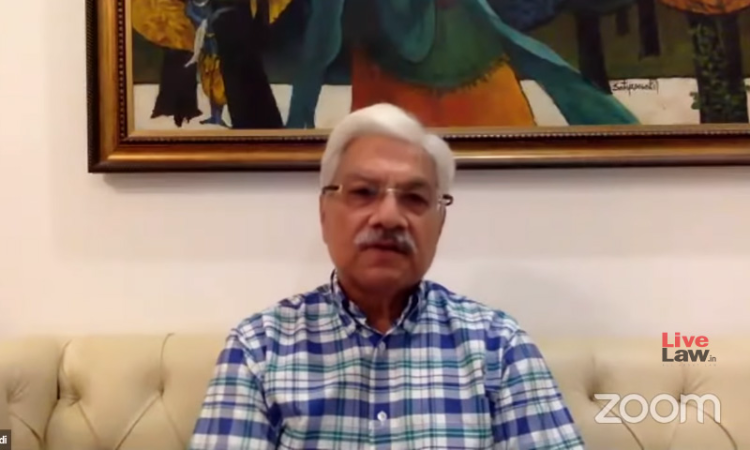SC Failed The Constitution By Succumbing To Majoritarianism In Ayodhya Case : Sr Adv Dinesh Dwivedi
Radhika Roy
9 July 2020 9:45 AM IST

Next Story
9 July 2020 9:45 AM IST
The Supreme Court failed to uphold the spirit of anti-majoritarianism in the Ayodhya case, said Dinesh Dwivedi, Senior Advocate of the Supreme Court."By and large, the Supreme Court has been upholding the Constitution and anti-majoritarianism. My strong feeling is the only time Supreme Court failed in upholding anti-majoritarianism was when they utilized the power of Article 142 in the...
